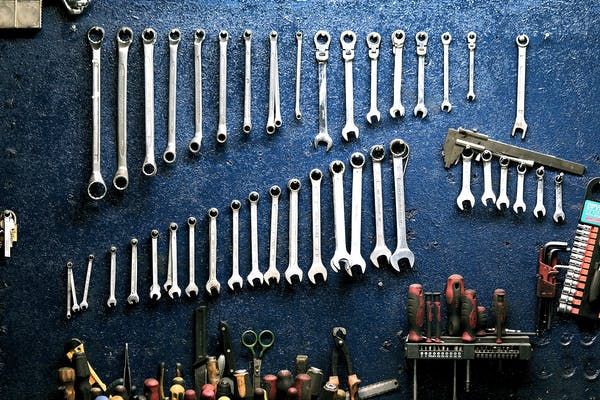
Petroleum Engineering
Petroleum Engineering is connected to the research and development of new ways to extract oil and gas. It is linked to geoscience and developed from mining engineering and geology.
Planning for drilling in oil and gas fields and developing equipment for oil and gas extraction are two of Petroleum Engineering's activities. developing methods for injecting an oil reserve with steam, water, chemicals, or gases; keep an eye on the installation, operation, and upkeep of oilfield equipment.
Petroleum engineers now have more opportunities than ever before thanks to the proliferation of global petroleum companies. For the purpose of producing hydrocarbons from oil shale and offshore oil and gas fields, these engineers develop novel technology.
Petroleum Engineering: Eligibility Criteria
Petroleum Engineering can be studied as a bachelor's or master's degree. As a result, applicants for the Petroleum Engineering program must satisfy the following eligibility requirements.
One must have completed a three-year Diploma in Petroleum Engineering to be eligible for undergraduate admission to the field of petroleum engineering. One must also have a graduate degree in petroleum engineering to be eligible for postgraduate admission to the field of petroleum engineering.
Petroleum Engineering Entrance Exams:
Admission to BTech/BE/MTech (Petroleum Engineering) programs in most of the institutes is based on entrance exam scores.
| JEE Main | LPU-NEST | AUEET |
| JEE Advanced | COMEDK | Assam CEE |
| BITSAT | WBJEE | GEEE |
| UPSEE | GATE | HITSEEE |
| KCET | SITEEE | VSAT |
| CUSAT CAT | HS TES | VTUEEE |
| LPU NEST | UPESEAT | SMIT |
| IPU CET | REAP | SAAT |
| JKCET | BCECE | AP EAMCET |
| BITSAT | KEAM | KIITEE |
| MHT CET | SRMJEEE | TS EAMCET |
| WBJEE | COMEDK UGET | TNEA |
| CG PET | MET | UKSEE |
Petroleum Engineering Courses
The following courses are offered for admission to Petroleum Engineering:
• BE/BTech
• ME/MTech
• BSc
• MSc
• PhD
• Petroleum Engineering Syllabus
The core topics, which are included under the Petroleum Engineering syllabus are
| Column1 | Column2 |
| Syllabus of Petroleum Engineering | |
| Linear Algebra | Reservoir Engineering |
| Calculus | Petroleum Production Operations |
| Differential equations | Offshore Drilling and Production Practices |
| Complex variables | Petroleum Formation Evaluation |
| Probability and Statistics | Oil and Gas Well Testing |
| Numerical Methods | Health Safety and Environment in Petroleum Industry |
| Petroleum Exploration | Enhanced Oil Recovery Techniques |
| Oil and Gas Well Drilling Technology | Latest trends in Petroleum Engineering |
Petroleum Engineering: Job Profiles
The examples of Petroleum Engineers are as follow-
Completions Engineers:
They look after the building wells for the flow of oil or gas from underground. Building wells might involve the usage of tubing, hydraulic fracturing, or pressure-control techniques.
Drilling Engineers:
They find the way to gas wells or drill oil ensuring that the drilling process is safe, efficient, and minimally disruptive to the environment.
Production Engineers:
They come into play after the drilling is completed. They monitor wells’ oil and gas production and figure out ways to increase production.
Reservoir Engineers:
They determine reservoirs’ characteristics to recover oil or gas from underground deposits. They also figure out the methods to get the most oil or gas out of the reservoirs.